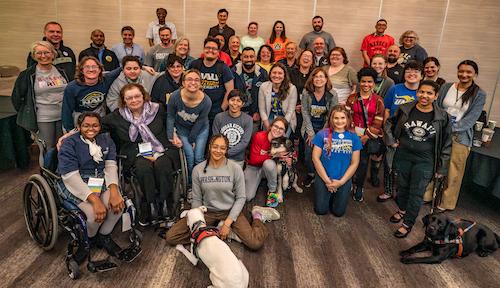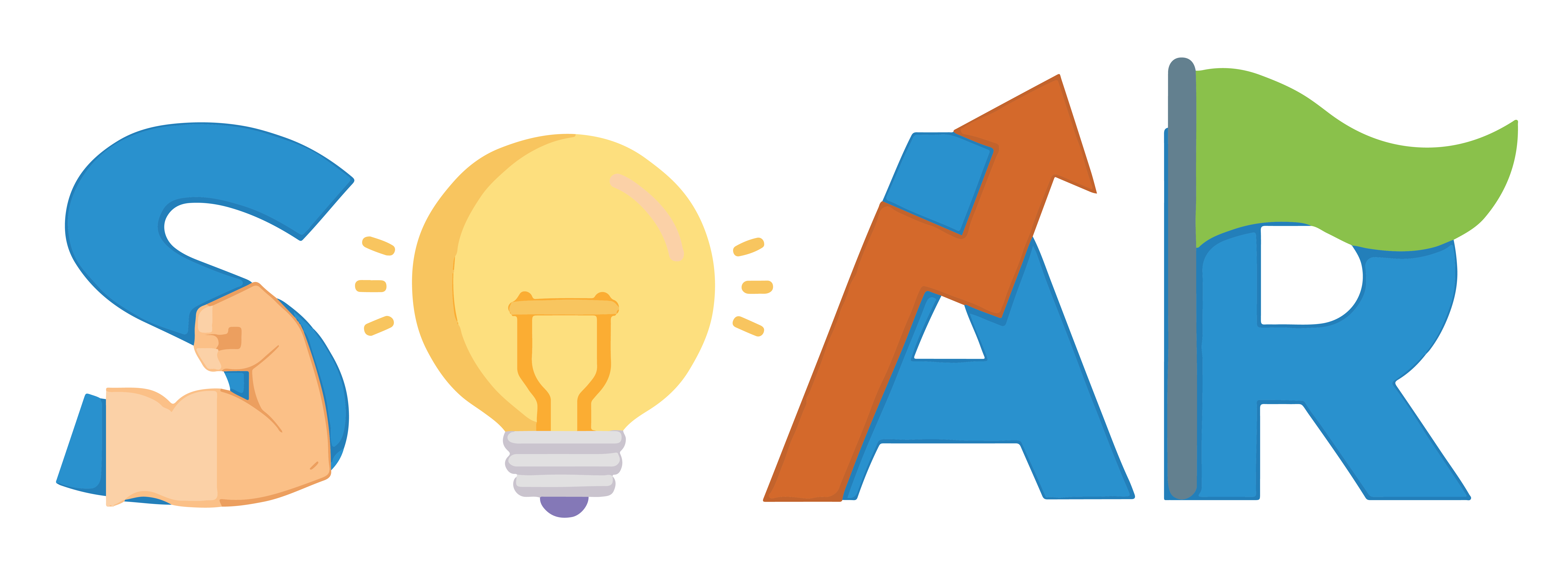Research
For many years, my scholarship centered on access, equity, and the lived experiences of people with disabilities in higher education and STEM. I explored transition, persistence, and community-engaged approaches that opened pathways for students whose voices were too often left unheard. That work was grounded in collaboration and systems-level change, supported by grants, partnerships, and the belief that research can remove barriers and broaden opportunity.
As national research priorities have shifted, so too has my scholarly focus. I now turn more deeply to John G. Neihardt—poet, historian, and writer whose work engages the enduring power of myth and memory in American cultural life. My current research traces Neihardt’s role in shaping collective imagination, from Black Elk Speaks to his broader body of work, and considers how these narratives resonate across landscapes, histories, and identities.
This turn is not a departure but a continuation: from mapping access in contemporary education to mapping cultural meaning in historical and literary texts. Both reflect my enduring interest in how stories—whether institutional, communal, or poetic—shape possibility and belonging.
Research Archives
As of Friday, May 2, 2025, the TAPDINTO-STEM Alliance is no longer funded by the National Science Foundation. While the project has come to an unexpected end, the commitment of our students, faculty mentors, leadership and partners to inclusive excellence in STEM continues.
Improving STEM Postsecondary Education for Students with Disabilities at a National Scale

NSF's Eddie Bernice Johnson INCLUDES INITIATIVE: The Alliance of Students with Disabilities for Inclusion, Networking, and Transition Opportunities in STEM (TAPDINTO-STEM). Welcome to our website where we share resources, news, and as we forge our alliance, ways to engage with us for collective impact. Through the collective impact of the NSF INCLUDES TAPDINTO-STEM Alliance, persons with disabilities nationwide will be empowered to succeed in STEM disciplines by increasing the quantity of students with disabilities completing associate, undergraduate, and graduate degrees in STEM;
facilitating the transition of students with disabilities from STEM degree completion into the STEM workforce; and enhancing communication and collaboration among institutions of higher education, industry, government, national labs, and local communities to address the education needs of students with disabilities in STEM disciplines.
How to Collect and Use Data for National Alliance

Education, at all levels, strives to be evidence-based. In the U.S., what institutions of higher education, and associated scholarship, know the least about are students with disabilities. One reason may be because reporting outcomes data for students with disabilities is not typically required. Achievement gaps must be closed, but it is difficult to ascertain the achievement gaps for students with disabilities. Students with disabilities often face barriers that hinder their persistence. Increasing numbers of researchers are focused on broadening participation, especially since the National Science Foundation launched the Eddie
Bernice Johnson INCLUDES Initiative, and yet, disability is rarely a data point for making evidence-based decisions about student outcomes. Researchers at UMKC have designed a dynamic data portal to support efforts to better understand the successes and barriers of students with disabilities.
Diagnosing Intersectional Challenges for Equity in STEM (DICES)

The ADVANCE- Catalyst: Diagnosing Intersectional Challenges for Equity in STEM (DICES) project supports a two-year self-study at the University of Missouri - Kansas City (UMKC). The self-study aims to identify systemic barriers that affect the recruitment, retention, and success of women faculty in STEM disciplines. UMKC has recently reorganized, creating three new academic units, all of which include STEM disciplines: the School of Science and Engineering, the School of Humanities and Social Science, and the School of Education, Social Work, and Psychological Science. The size and scope of this reorganization bring about a unique opportunity for evidence-based change. The DICES project provides UMKC with the requisite data-informed insight to implement amended policies by identifying policies and procedures contributing to existing inequities. Faculty who are underrepresented in STEM experience may also identify with multiple historically marginalized groups. DICES will also provide an opportunity to approach the work of creating new and more equitable academic policies and procedures through an intersectional lens.
Employment First Toolkit - Believer Series
 The Employment First philosophy provides a professional framework for support coordinators to improve employment outcomes for individuals with intellectual and developmental disabilities (IDD). This online self-paced or facilitated digital micro-credential provides essential professional learning for support coordinators in Missouri. They are known as the Believer Series, the microcredential o organized into six modules: Believer, Engager, Educator, Motivator, Connector, and Supporter. In daily practice, The Believer Series exemplifies Employment First values of inclusion, fair pay, dignity, and advocacy in facilitating the delivery of services and support to individuals with IDD.
The Employment First philosophy provides a professional framework for support coordinators to improve employment outcomes for individuals with intellectual and developmental disabilities (IDD). This online self-paced or facilitated digital micro-credential provides essential professional learning for support coordinators in Missouri. They are known as the Believer Series, the microcredential o organized into six modules: Believer, Engager, Educator, Motivator, Connector, and Supporter. In daily practice, The Believer Series exemplifies Employment First values of inclusion, fair pay, dignity, and advocacy in facilitating the delivery of services and support to individuals with IDD.
